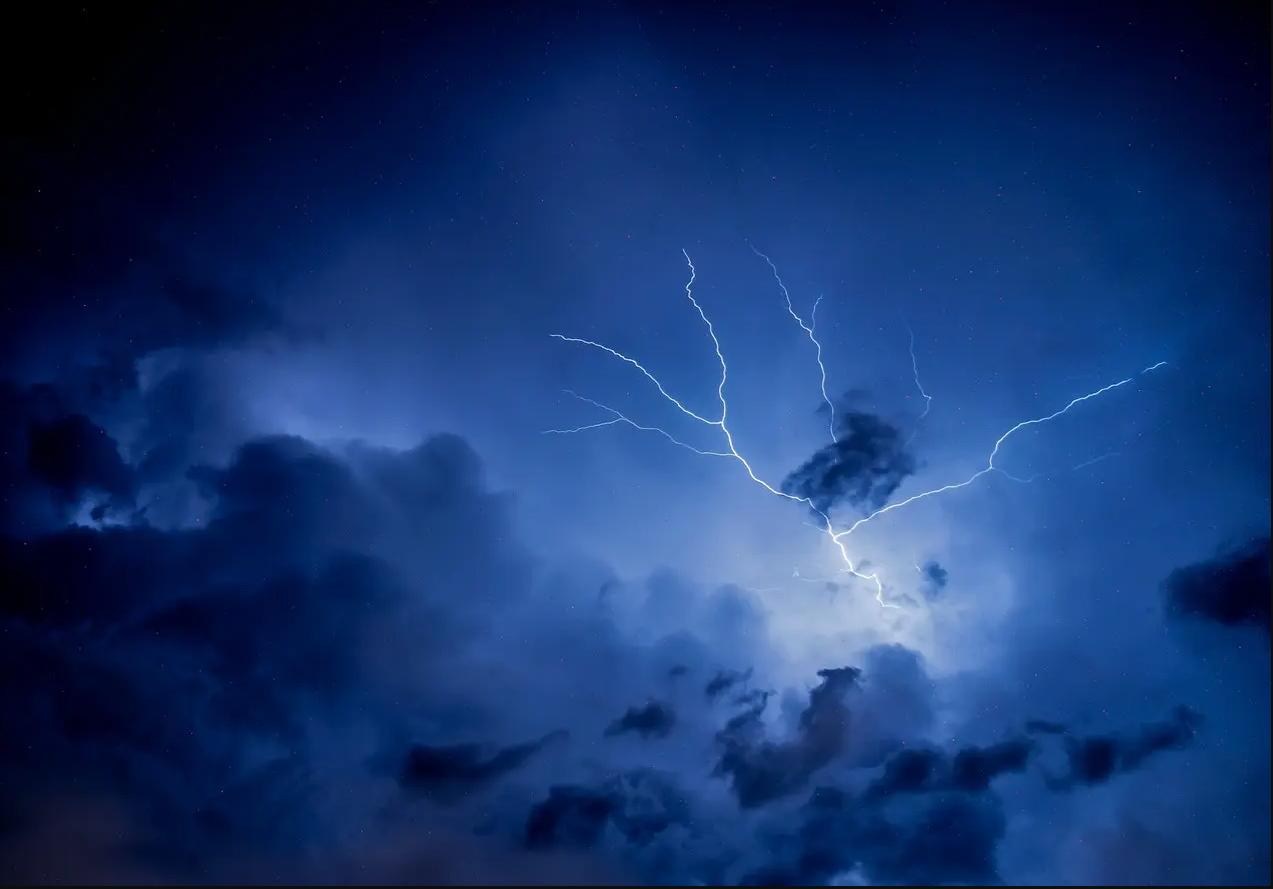


Act of God Insurance – When disaster strikes, the last thing you want is confusion about your insurance coverage. Yet, terms like “Act of God” often leave homeowners scratching their heads. Does your policy really protect you against floods, earthquakes, or hurricanes?
Understanding these terms is vital to safeguarding your property as natural disasters increase globally, so dive into our comprehensive guide to demystify “Act of God” insurance, uncover the hidden nuances of your policy, and ensure you’re fully covered when the unexpected happens.
Don’t let nature’s fury catch you off guard – arm yourself with the knowledge to protect your most valuable assets!
Act of God Insurance Fast Facts:
The term “Act of God” frequently surfaces within insurance policy discussions, underscoring its crucial role in safeguarding interests against natural events. An “act of god” refers to unforeseen circumstances caused by natural forces, like storms or earthquakes, beyond human control. It’s a term used in commercial contracts and insurance policies to describe events that are not caused by human actions and are typically unexpected. This article aims to demystify the “Act of God” clause, highlighting its implications for policyholders and providing actionable advice to ensure complete coverage.
The term “Act of God” refers to any natural event outside human control, such as hurricanes, earthquakes, and other severe weather conditions, which cannot be predicted or prevented. Legal definitions stress the uncontrollable nature of such events, emphasising that natural forces must entirely cause these occurrences to qualify under this classification. Understanding this is vital for policyholders to determine the extent of their coverage.
What Oakleafe Clients Say:

The boundary between what counts as an act of god and what doesn’t can sometimes be blurry. Force majeure, a related concept, sometimes encompasses acts of god but can also include events like strikes or wars. Always read the fine print and discuss with your insurance provider to clarify any doubts.
While “Act of God” pertains specifically to natural events, “Force Majeure” encompasses a broader range of unforeseeable events, including human-made occurrences such as war or strikes. Both clauses relieve affected parties from liabilities under specified conditions; however, their application and legal interpretations vary. Recognising these differences enables policyholders and business professionals to negotiate contracts and insurance policies clearly, safeguarding their assets against a wider spectrum of unpredictabilities.
Insurance policies differ greatly in how they cover “Acts of God”. Some insurance policies might not cover specific acts of god, like floods or earthquakes. This is where specialised insurance, like flood insurance, comes into play. Many grapple with insurance claims tied to these unforeseen events in the wake of a natural disaster. For example, while a lightning strike might be covered under many standard policies, storm damage caused by flooding might need a separate flood insurance policy.
Understanding act of god clauses in your insurance is vital. These clauses can dictate whether or not you will be compensated for damages caused by a natural event. Given the rising number of natural disasters around the world, it’s essential to be clear on what your insurance policy covers.
Read about reinstatement costs.

By understanding these specifics, policyholders can take informed steps to secure additional coverage where needed, ensuring a robust shield against natural disasters.
Read about betterment.
Navigating the aftermath of a natural disaster can be daunting. Prompt and precise action is essential when filing an Act of God insurance claim.
Adhering to these steps can expedite the claims process, ensuring a smoother path to recovery.
Preparation is key to mitigating the impact of natural disasters. Proactive measures like regular property inspections and maintenance can significantly reduce potential damage. Additionally, it’s imperative for policyholders to periodically review and adjust their insurance coverage, ensuring it aligns with current risks and property values. Engaging in regular dialogues with insurance advisors can facilitate this alignment, reinforcing your defence against unforeseen natural events.
What should you do if an Act of God causes damage to your home or business?
If you suffer a loss or damage to your home caused by an Act of God, you will likely be able to claim for it. Making an insurance claim can be very difficult and time-consuming and will put you and your family under huge stress. Oakleafe Claims professional loss assessors can take this away by managing every aspect of the Act of God insurance claim for you. As a multi-award-winning insurance claims management company, we know exactly what it takes to get you and your home on track and will fight your corner to get you the settlement you deserve.
Read about underinsurance.
Understanding the intricacies of “Act of God” insurance is essential for every homeowner and business owner. As we’ve explored, these natural events, from earthquakes to hurricanes, can wreak havoc unexpectedly, and not all insurance policies offer the same level of protection. Key takeaways include:
By taking these steps, you can significantly mitigate the impact of natural disasters on your property. Remember, the peace of mind that comes from being well-prepared is invaluable. For professional assistance in managing insurance claims and ensuring you receive the settlement you deserve, consider consulting with experienced loss assessors who can guide you through the process and advocate on your behalf.
Oakleafe Claims have represented policyholders and managed their insurance claims since before the First World War. We have vast expertise and experience in both domestic and commercial insurance claims with thousands of satisfied policyholders who have received their deserved insurance settlement.
What Oakleafe Clients Say:



Please complete the form and one of our insurance claim professionals will call you back ASAP